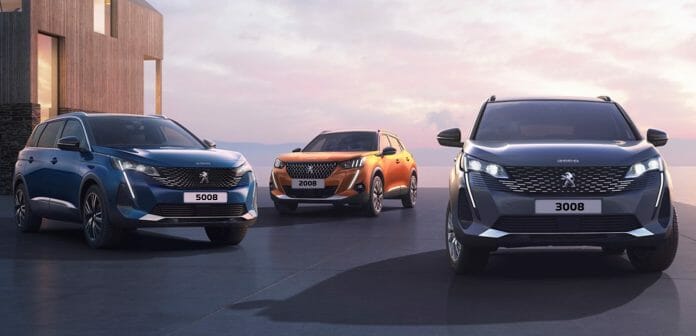While TIV data for 1Q24 was unsurprisingly strong, RHB Investment Bank (RHB) believes that car sales should normalise in the months ahead, given the lack of catalysts to prop up vehicle sales and push it to another record high.
RHB cited today (May 6) that Bermaz Auto (BAUTO) remains their Top Pick, on its undemanding valuation, relatively resilient car sales and attractive 10% dividend yield.
Competition in the local EV sphere heating up?
A few new EV models have been launched in Malaysia since early 2024 – these include the BYD Seal, Chery Omoda E5, the MG4 EV and GWM Ora 07 – on which prices range from MYR104k to MYR200k a unit.
Consequently, a few existing models in the same price range underwent price reductions by 4-19%. As new EV sales are still lacklustre (1.3% of total TIV), anymore new EV launches within the same price range would further intensify competition.
Employees Provident Fund (EPF) account restructuring – is this good or bad for the sector?
RHB believes withdrawals from the new, third EPF account (ie Akaun Fleksibel) will notlikely flow to purchasing big-ticket items, considering the marginal 2.3% increase in Malaysians’ disposable income.
On top of that, only MYR4-5bn is expected to flow to the economy annually as a result of the withdrawals, which is significantly lower than the MYR145bn withdrawn by 8.1m EPF account holders under different pandemic-related withdrawal programmes.
Hence, the withdrawal amount per member this time around would be lower.
Subsidy rationalisation and civil workers’ salary increments
RHB thinks the impact of subsidy rationalisation on the auto sector would mainly be on the mid-market segment, as the low-income group is still expected to benefit from subsidies while high-income earners should be less affected by the ending of subsidies.
However, they are positive on the salary revisions for civil workers, as the >13% increment would be sufficient to entice consumers to spend on major purchases.
However, RHB makes no changes to their earnings assumptions for now, as the general sentiment on the sector remains subdued, given the uncertainty related to subsidy rationalisation.
What to expect ahead?
Major marques such as Perodua and Toyota saw their order backlogs easing to 128k and 28k as at end-Dec 2023 from 190k and 52k units in May 2023.
Also, the loan approval rate for vehicle purchases in YTD-2024 is 58% (2022-2023: 62-63%) while gross loans for vehicle purchases have risen by only 2.7%, despite TIV rising by 5%.
This may imply tighter lending requirements as well as downtrading activities by consumers. “Coupled with looming inflationary pressures, we believe car sales will continue to recede in the coming quarters, as sales volumes after a record high year normalise. For 2Q24, we anticipate TIV to be seasonally weaker QoQ given the AidilFitri holidays and the scheduled factory maintenance shutdowns by major marques,” RHB said.
While the 1Q24 TIV figure makes up >30% of their total 2024 TIV assumption of 625k units, RHB believes the current TIV levels are not sustainable, given the lack of drivers to boost sales to a new high after two record-breaking years.
Therefore, RHB maintains their TIV forecasts and NEUTRAL sector weighting for now.









